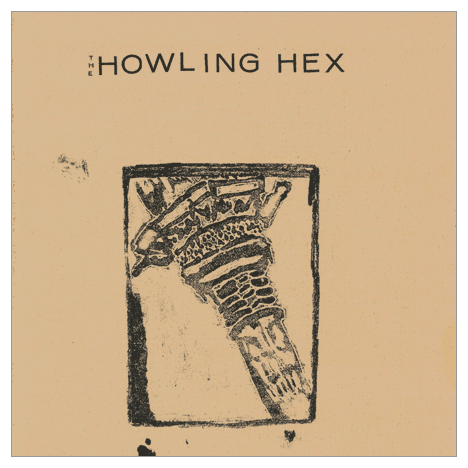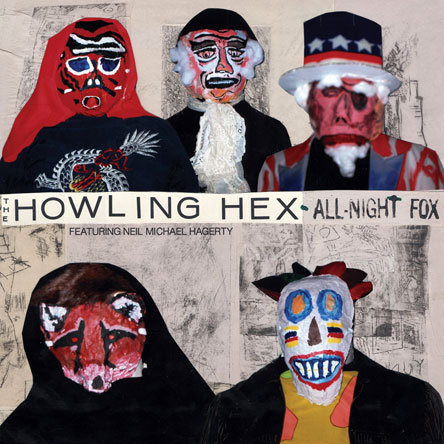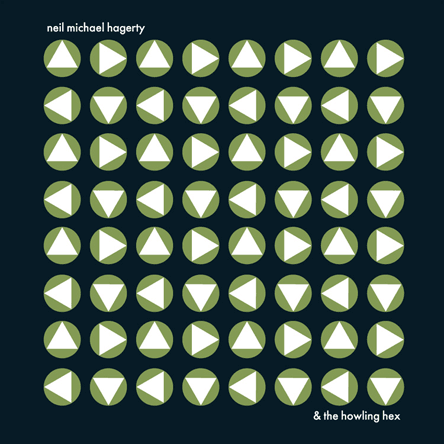|
 |
Howling Hex When a band you love breaks up, it can almost feel like a personal insult. If you're a fan of underground cult music, the blow can be much harder to take. You've put in your time at the cool record stores, searching through piles of crappy psychedelia and self-involved rockers, and then finally you find it; this weird little duo called Royal Trux. Their sound is esoteric, experimental, but it makes sense to you. For a brief moment you hold your breath and think: could this be the second coming of Captain Beefheart? But you've learned your lesson about loving a band sporting a romantically linked duo. You'll become attached to a few tension-filled records, just to see the relationship end, the band break up, and the release of separate, angry, maudlin solo albums that you feel obligated to buy. It all makes you wonder why you bothered in the first place. But Royal Trux seems worth it, so you buy the record, share it with a few hip friends, scorn the few that don't seem to get it, and forget about the inevitable end. |
 |
 |
Hearts were made to be broken, and when Royal Trux split, a few may have been cracked. All that was left was the long wait for the solo records. Luckily for those who hung around, Jennifer Herrema's was rock solid with RTX and then Neil Michael Hagerty created The Howling Hex. Starting in 2003, Hagerty released limited edition, vinyl-only albums that began to clue us in on what The Howling Hex would be all about. His work was streamlined and folky with R&B baselines. These set the stage for the full-length debut, All-Night Fox, a release worthy of sitting right alongside the best of Royal Trux. The album highlights Howling Hex's greatest strength that lies in the bands' three vocalists (Hagerty, Lynn Madison, and July McClure). The trio create a delicious feeling of being attacked from all sides. For those still mourning the loss of Royal Trux, The Howling Hex is a reason to rejoice. |
 |
|
© Velle Magazine 2005 |